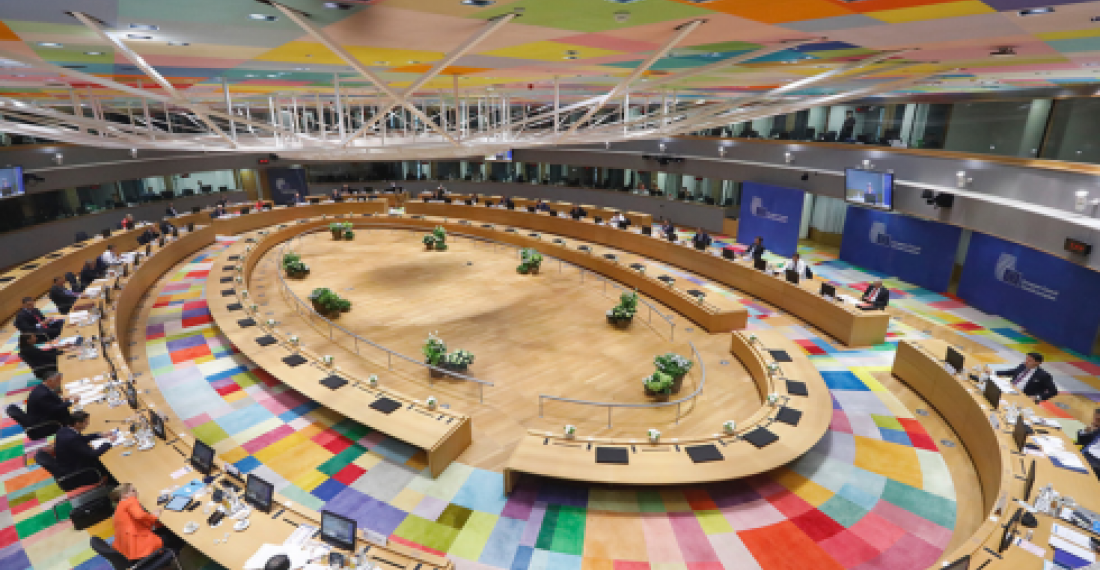Leaders of the 27 European Union member states meeting in Brussels on 1 - 2 October, are discussing EU's external relations. Belarus and relations with Turkey were high on the agenda on the first day, when the leaders also addressed the current situation in the South Caucasus, and in particular the outbreak of military hostilities between Azerbaijan and Armenia over the Nagorno-Karabakh region.
A statement later by the European Council said,
''The European Council calls for an immediate cessation of hostilities and urges parties to recommit to a lasting ceasefire and the peaceful settlement of the conflict. The loss of life and the toll on the civilian population are unacceptable. There can be no military solution to the conflict, nor any external interference. Azerbaijan and Armenia should engage in substantive negotiations without preconditions. The European Council expresses its support for the OSCE Minsk Group Co-Chairs and asks the High Representative to examine further EU support for the settlement process.''
The fighting between Azerbaijani and Armenian forces over the Nagorno-Karabakh region also affected the Council's talks on EU-Turkey relations.
related content: The Caucasus burns, but Russia focuses on Persian Gulf at the UN Security Council
source: commonspace.eu






